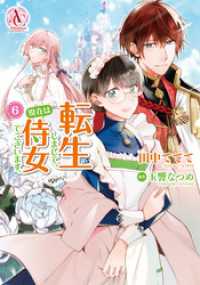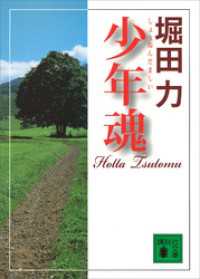Full Description
With the outbreak of the Sino-Japanese War in 1894, Japan embarked on a policy of territorial expansion that would claim Taiwan and Korea, among others. Assimilation policies led to a significant body of literature written in Japanese by colonial writers by the 1930s. After its unconditional surrender in 1945, Japan abruptly receded to a nation-state, establishing its present-day borders. Following Korea's liberation, Korean was labeled the national language of the Korean people, and Japanese-language texts were purged from the Korean literary canon. At the same time, these texts were also excluded from the Japanese literary canon, which was reconfigured along national, rather than imperial, borders.
In Colonizing Language, Christina Yi investigates how linguistic nationalism and national identity intersect in the formation of modern literary canons through an examination of Japanese-language cultural production by Korean and Japanese writers from the 1930s through the 1950s, analyzing how key texts were produced, received, and circulated during the rise and fall of the Japanese empire. She considers a range of Japanese-language writings by Korean colonial subjects published in the 1930s and early 1940s and then traces how postwar reconstructions of ethnolinguistic nationality contributed to the creation of new literary canons in Japan and Korea, with a particular focus on writers from the Korean diasporic community in Japan. Drawing upon fiction, essays, film, literary criticism, and more, Yi challenges conventional understandings of national literature by showing how Japanese language ideology shaped colonial histories and the postcolonial present in East Asia.
A Center for Korean Research Book
Contents
Acknowledgments
A Note on Names, Terminology, and Translations
Introduction
1. National Language Ideology in the Age of Empire
2. "Let Me In!": Imperialization in Metropolitan Japan
3. Envisioning a Literature of the Imperial Nation
4. Coming to Terms with the Terms of the Past
5. Colonial Legacies and the Divided "I" in Occupation-Period Japan
6. Collaboration, Wartime Responsibility, and Colonial Memory
Epilogue
Appendix: Korean Authors and Literary Critics
Notes
Selected Bibliography
Index








